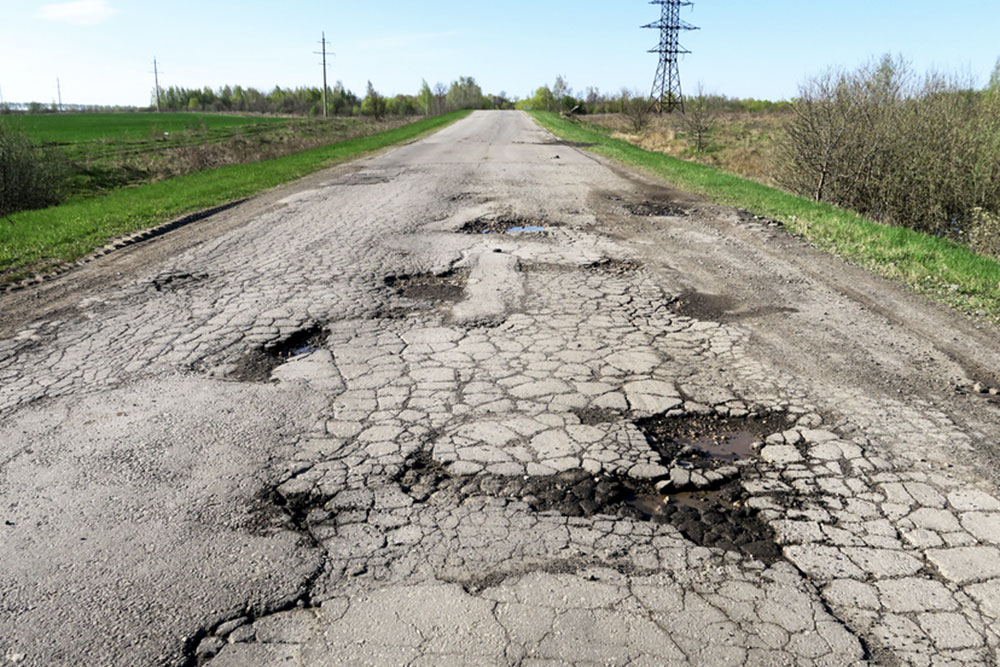Key Circumstances That Lead to School Closure Announcements
This article explores the main reasons schools are closed, including staff shortages, severe weather, maintenance issues, security threats, and permanent shutdowns. It highlights how authorities communicate these closures through various media outlets to keep parents and students informed, ensuring safety and proper school management. Understanding these reasons helps parents prepare accordingly and recognizes the importance of safety protocols in educational institutions.

Key Circumstances That Lead to School Closure Announcements
While students often enjoy unexpected days off, school closures happen for serious reasons aimed at ensuring safety and proper operations. Such alerts are shared through official lists and news channels to inform parents and prevent children from attending unsafe or unmanageable situations. Various factors trigger these closures, each critical to maintaining a secure environment for students and staff.
Below are common scenarios leading to the issuance of school closing notices.
Staff shortages often necessitate school closures when there aren't enough personnel to supervise and manage students effectively. Without adequate staff, continued operations become challenging and unsafe.
Inclement weather, such as heavy snow or thunderstorms, can force schools to shut down temporarily to protect everyone from hazardous conditions.
Maintenance issues, especially during winter, can lead to closures. For example, if heating systems fail, schools might close to prevent health risks to students and staff.
Security threats, including bomb threats or infiltration by malicious elements, require immediate closure to safeguard lives pending threat resolution.
Permanent closures may occur due to financial difficulties, health concerns, or safety issues, prompting authorities to officially shut down the school, which is communicated through news outlets, emails, or newspapers.
School closure notices are typically broadcasted via local news, email alerts, or printed media to ensure parents are well-informed.
Note:
Our website offers diverse, practical information across multiple topics. While our research aims to provide accurate insights, readers should not consider these articles as definitive sources. The team is not responsible for discrepancies or updates beyond our control. Always verify details from official channels for the most current information.









